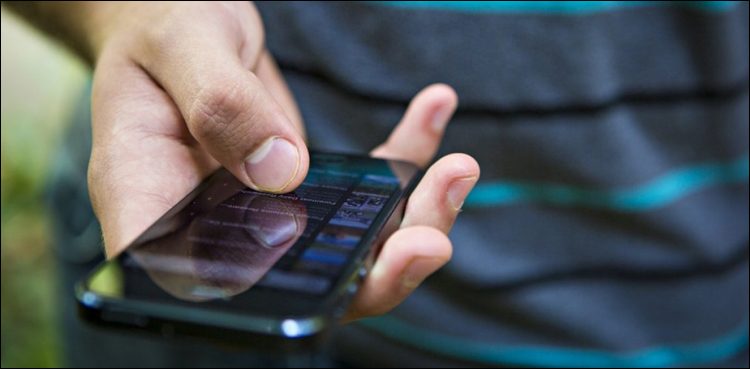Even ghosts can send messages.
The only thing that comes to mind after listening to this is, it is not possible. However, hundreds of people reported on social media that overnight on November 8 they had received texts from partners, employers and even dead family members.
So who is sending these message and from where was the question in minds of people as soon as they received the message.
The report published by The Washington Post has quoted many narrating the incident.
Samantha Majorczak, an Arizona-based cashier and college student, said she received a text said “How is your day going?” from her father, who died in March.
“I immediately started crying,” said Majorczak. “He used to text me every morning, and after going eight months without any messages, I was in complete shock.”
However, the situation later took another turn when it emerged that these messages were basically meant to arrive in February with many sent on Valentine’s Day.
Third-party text platform Syniverse said regular maintenance by its IT staff caused 168,149 previously undelivered text messages to be sent to subscribers from multiple mobile operators.
The texts appeared to be sent or received from cellphones with different operating systems and a wide range of carriers, including Sprint, T-Mobile, AT&T and Verizon.
“We apologize to anyone who was impacted by this occurrence,” William Hurley, Syniverse’s chief marketing and product officer, said in a statement.
“While the issue has been resolved, we are in the process of reviewing our internal procedures to ensure this does not happen again, and actively working with our customers’ teams to answer any questions they have.”
Although an apology has been made some even had to face embarrassment due to their messages. Alana Johnson, a children’s librarian at the Los Angeles Public Library, says the glitch resulted in her boss receiving a text from her at 1:15 am saying she would be out sick.
“Thankfully she was kind about it,” Johnson said.
The issue also raised alarm bells among many asking if their data is safe as multiple intermediary parties stand between users and carriers.
Jon Callas, a senior technology fellow with the American Civil Liberties Union, confirmed that the current structure has the potential to create a number of privacy and security issues when a third-party vendor encounters glitches or has its data compromised.



Leave a Comment